Authors: Alexandre Delamou, Fassou Mathias Grovogui, Rachel Gates, Lior Miller, and Amy Nye
Over the last decade, Guinea has invested significant resources to decentralize the country’s community health program to address key health challenges and poor health indicators. Historically, Guinea has faced a shortage of health workers, which limits the ability of community members to access basic health services, particularly in rural areas, which comprise the majority of the Guinean population. To address the persistent health system challenges, the National Community Health Strategy was implemented to provide essential prevention and care services by introducing community health workers and relays.
The Health Systems Strengthening Accelerator, in collaboration with the Ministry of Health, the University Gamal Abdel Nasser of Conakry, and the Maferinyah Center for Training and Research in Rural Health, designed an implementation research study to explore the rollout of the National Community Health Policy to determine if the program is working as intended.
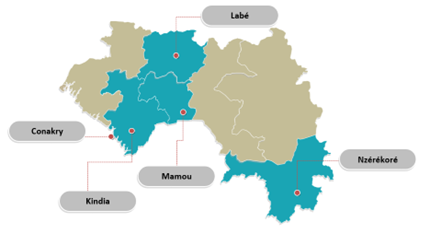
The implementation research results will explain the gaps between the design and actual implementation of the policy, showcase how the policy has affected community health, and identify where improvements are still necessary. Previous studies have highlighted several implementation challenges, including the need for sustainable and continuous financing for communities, weak administration, particularly at decentralized levels of the health system, poor worker training, and slow scale-up of health policy implementation.
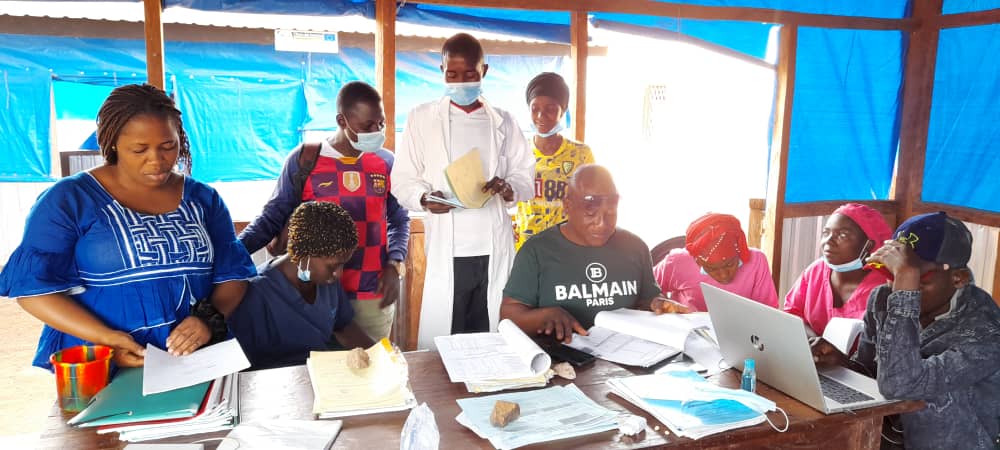
Data Collection
Ensuring that decision maker and change agents are aware of their roles in the health system will improve the responsiveness of the community health program to the community-specific needs.
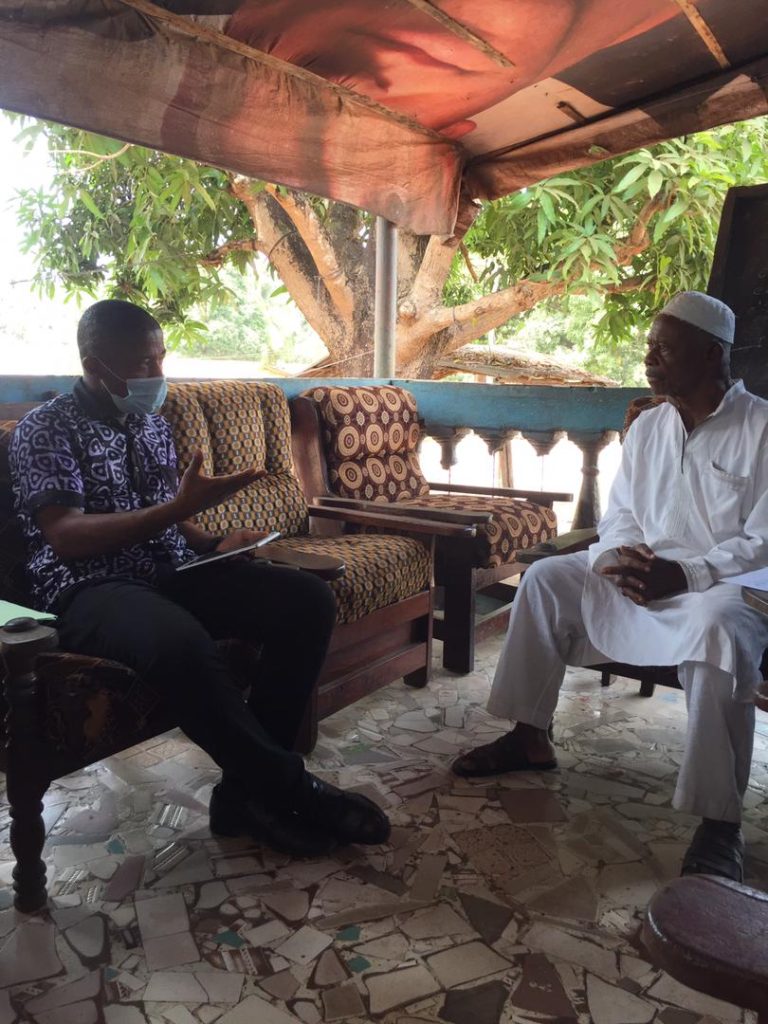

As such, the survey explored decision-makers accountability and their awareness of their roles and responsibilities regarding operationalizing the community health policy. The survey also examined the factors that facilitate or hinder the awareness of their roles and responsibilities.
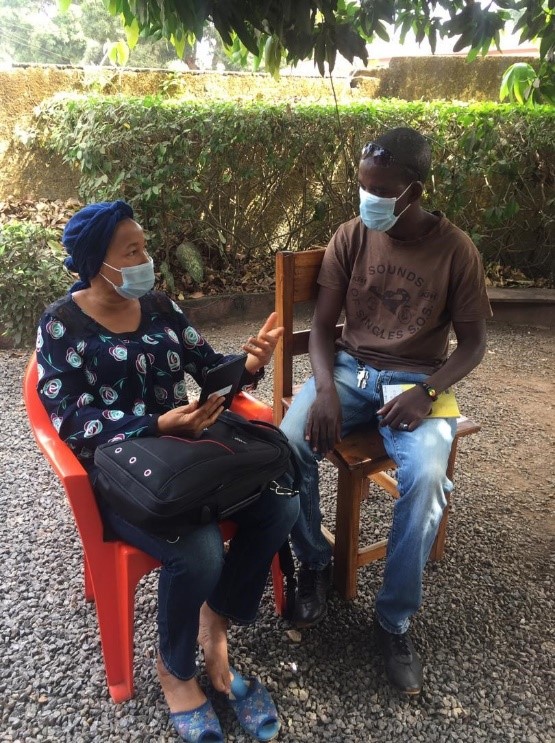
After the initial decision space survey questions, follow-up questions were asked to determine whether the health system was meeting the community’s needs, according to the local change agents. These change agents included individuals in positions ranging from the Ministry of Health at the national level to health providers and community members at the local level.
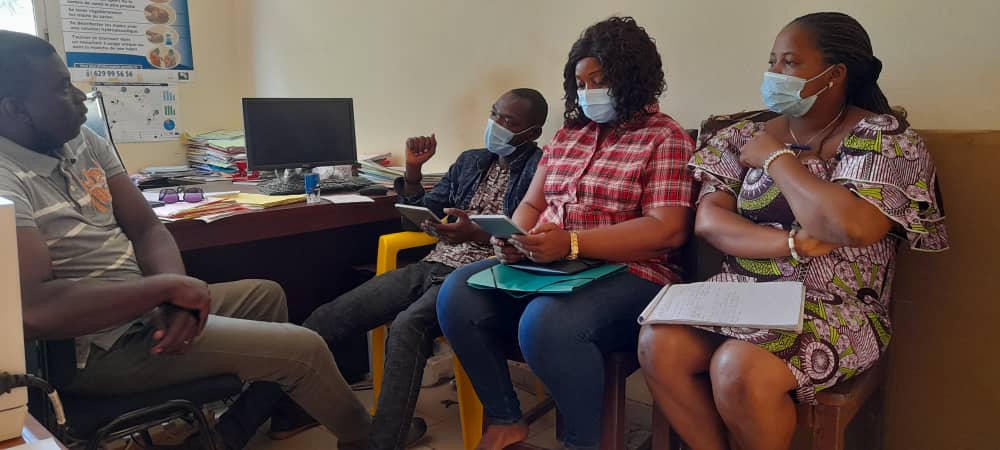
This study was designed to have a sequenced data collection, with a qualitative data collection following the quantitative data collection and analysis.
From Research to Action
The results of the quantitative surveys will inform the in-depth interviews and focus group discussions conducted in the next data collection phase. These discussions and interviews will dive deeper into unexpected findings from the quantitative data analysis. They will provide an opportunity to collect more contextual information on the drivers behind these results.
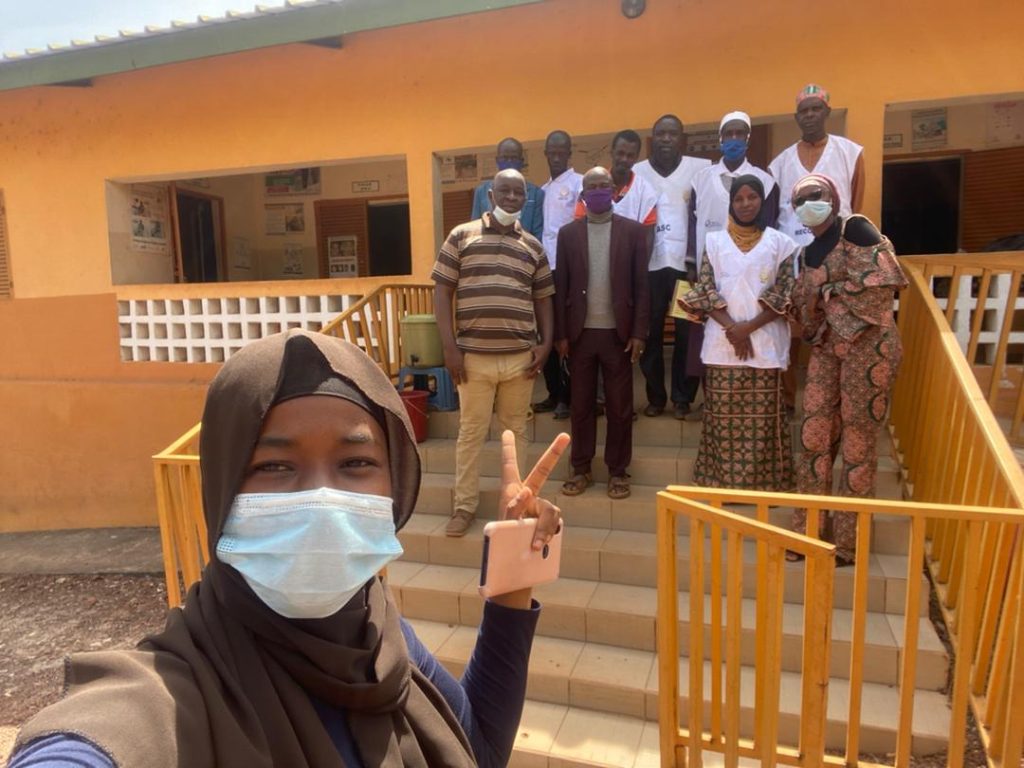
Since the National Community Health Policy launch, there has been a gap and a need for a systematic review of implementation challenges. The quantitative and qualitative data collected throughout this activity will allow local actors to be more aware of their roles and responsibilities in policy implementation. The information gathered from this implementation research will inform changes to the National Community Health Policy to improve its rollout and effectiveness. The findings will also target system strengthening efforts at different levels of the health system and in different regions, such as identifying additional training needs and adapting services to the local context.




